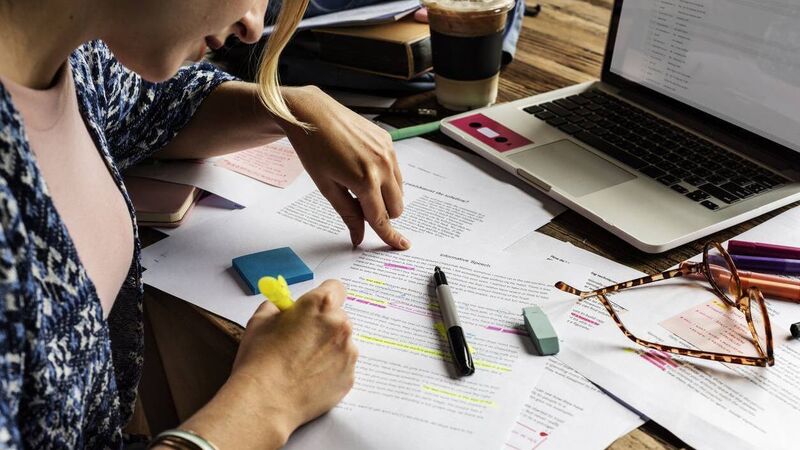Top tips every parent needs to read before their child starts secondary school

Many teens are off to secondary school for the first time in the next few weeks
It's the end of an era when your child leaves primary school. Your life and support network have been intertwined within a community that's always at the end of the phone — if not a WhatsApp group — but a lot changes when it's time to move on to secondary school.
Some of that network moves on with you, but a lot of it won't. And discovering the best ways to tackle secondary — and all the difficulties that can come with it — is often tricky. Arm yourself with these tips and you should breeze through.







